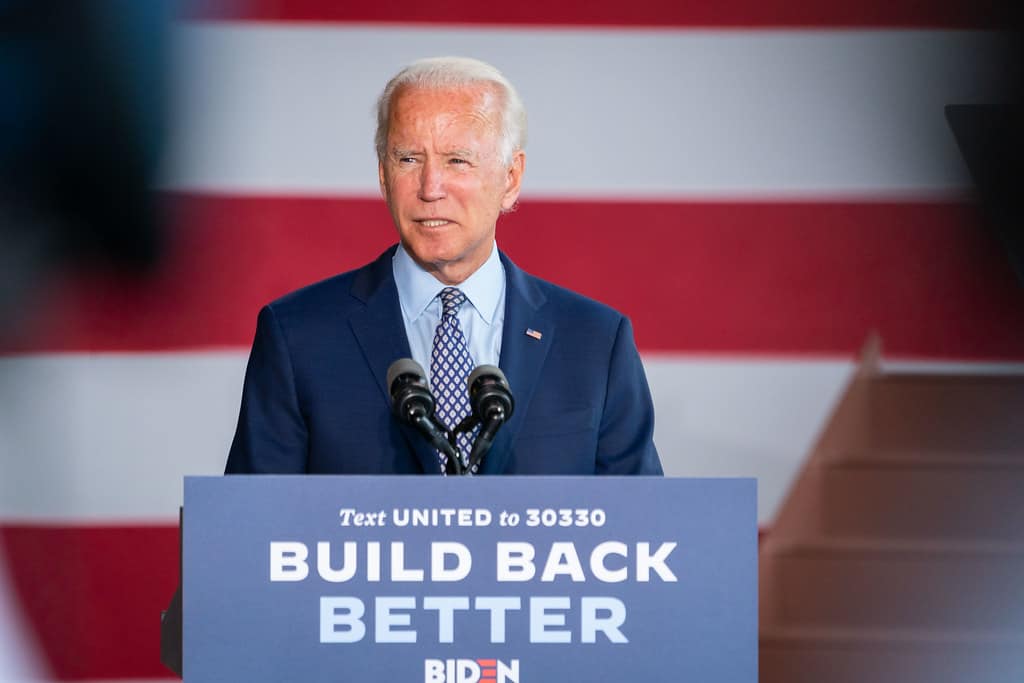Hannah Finnie is a writer in Washington, D.C. interested in the intersections of work and culture. She is a graduate of Harvard Law School.
In Kansas, Frito-Lay workers are continuing to strike as their efforts are picking up national attention. Unionized with the Bakery, Confectionery, Tobacco Workers and Grain Millers Union, the workers are protesting what they view as unsustainable working conditions: forced overtime, so-called “suicide shifts” where you only have eight hours off in between 12-hour shifts, extreme heat, and more. The most recent proposal from Frito-Lay would end the possibility of back-to-back 12-hour shifts with just eight hours off in between, but would still permit forced overtime up to six days a week. The workers, who have called for a nationwide boycott of both Frito-Lay and PepsiCo products (PepsiCo owns Frito-Lay), are set to resume bargaining on Monday.
Media Matters, an organization that monitors U.S. media, found that CNN, Fox News, and MSNBC didn’t spend a single minute of airtime on the mineworkers’ strike in Alabama. The strike is the first time mineworkers in Alabama have gone on strike in over 40 years, and began more than three months ago. This lack of coverage is in spite of local and international news coverage by print and online media. During the window Media Matters studied, where the three big news network failed to cover the strike, one mineworker’s wife was struck by a car, which the union believes was orchestrated by people with the company, and some mineworkers were arrested.
Bloomberg Law recently found that OSHA’s emergency standard protecting health care workers from COVID-19 dangers originally was going to protect all workers, but was whittled down to just covering health care workers during the implementation process. The original version of the standard believed that all workers in shared workplaces were in danger of COVID-19-related injuries, and therefore would have mandated certain steps be taken at the workplace to reduce the risk of COVID-19 and protect workers at all workplaces. Instead, sometime between when the rule was sent to the White House initially and when it went through review at OIRA before being finally implemented, the rule was narrowed to only apply to health care settings. The final rule also lacked the original draft rule’s requirement for non-health care employers to track all COVID-19 cases at their workplaces and report any hospitalizations or deaths to OSHA. Two unions sued to try and expand the order, saying that the emergency standard fails to cover non-healthcare workers who still face “grave danger from occupational exposure” to COVID-19.
Lastly, the Department of Labor announced on Wednesday a notice of proposed rulemaking (NPRM) to implement President Biden’s executive order requiring federal contractors to pay a minimum wage of at least $15 beginning next year. President Obama issued a similar executive order in 2014, which brought the minimum wage for federal contractors to $10.10 at the time. In a statement given to Government Executive, the Department of Labor estimated that 327,300 workers could see a raise because of the new rule.






Daily News & Commentary
Start your day with our roundup of the latest labor developments. See all
February 19
Union membership increases slightly; Washington farmworker bill fails to make it out of committee; and unions in Argentina are on strike protesting President Milei’s labor reform bill.
February 18
A ruling against forced labor in CO prisons; business coalition lacks standing to challenge captive audience ban; labor unions to participate in rent strike in MN
February 17
San Francisco teachers’ strike ends; EEOC releases new guidance on telework; NFL must litigate discrimination and retaliation claims.
February 16
BLS releases jobs data; ILO hosts conference on child labor.
February 15
The Office of Personnel Management directs federal agencies to terminate their collective bargaining agreements, and Indian farmworkers engage in a one-day strike to protest a trade deal with the United States.
February 13
Sex workers in Nevada fight to become the nation’s first to unionize; industry groups push NLRB to establish a more business-friendly test for independent contractor status; and UFCW launches an anti-AI price setting in grocery store campaign.